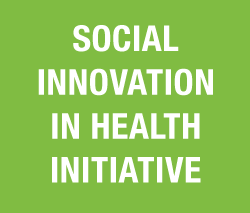Bwindi Mothers’ Waiting Hostel
CONTINENT
Africa

COUNTRY
Uganda
Location
Kanungu District, Uganda
Health Focus
Maternal and Child Health
Website
www.bwindihospital.com
Founding year
2008
Organizational structure
Not for profit
Actors involved
Facility-based Delivery, community
Programme Focus
Education, Service Delivery, Community Mobilisation, maternal & child health / access to care
Health System Focus
Service delivery
CHALLENGE
Every day, around 300 children and 20 women die in Uganda, especially around the time of delivery. Although well-established medical care exists to prevent these deaths, most women and children in remote and hard-to-reach areas cannot access this care. Many women thus suffer severe illness including maternal and neonatal infections, obstetric fistula, and even death after giving birth in unsafe conditions.
The leading causes of maternal death in Uganda include pre-existing medical conditions accelerated by pregnancy like diabetes, malaria, HIV, and obesity (28%), bleeding (27%), eclampsia (14%), sepsis (11%), obstructed labour (9%), unsafe abortion (8%) and blood clots (3%). Addressing these causes of maternal and infant death as well as pre-existing medical conditions, requires good antenatal care, consistent monitoring, and access to emergency obstetric care, all of which are provided by the Mothers’ Waiting Hostel in the remote Bwindi forest area.
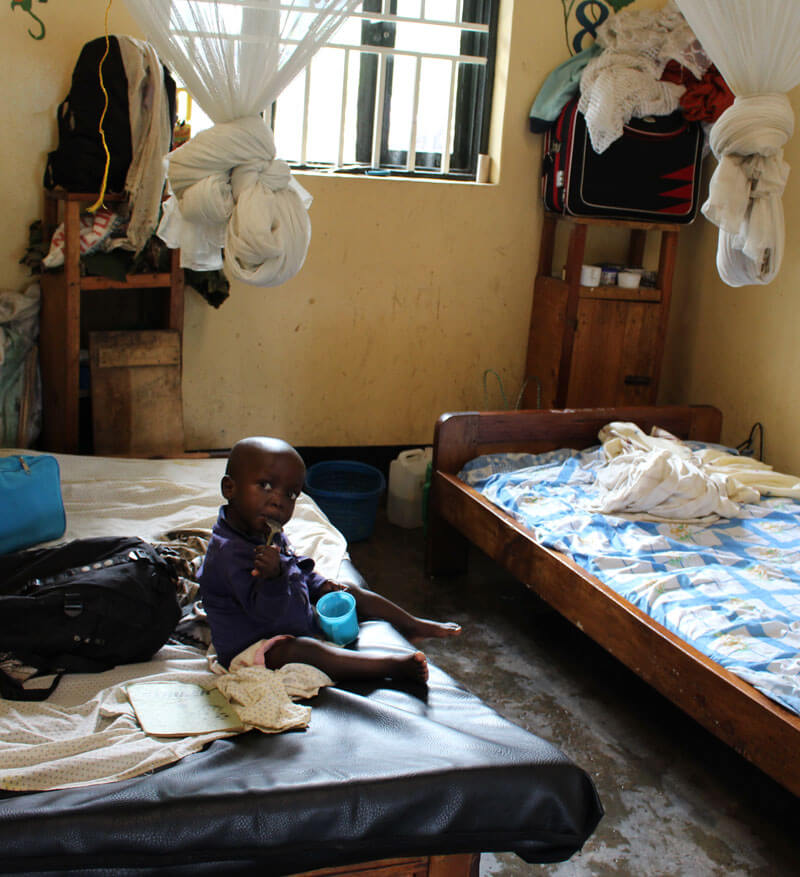
“It was very rare to get a mother from Mpungu delivering from the hospital (before the waiting hostel was started)…….that place is very far, mothers have to walk for about 8 hours to reach here and it is impossible for them to walk that distance while in labour…….when we got the maternity waiting hostel, women got to know about it and therefore they could just walk freely in the last month to come and wait here for the baby.”
– Midwife at Bwindi mothers’ waiting hostel
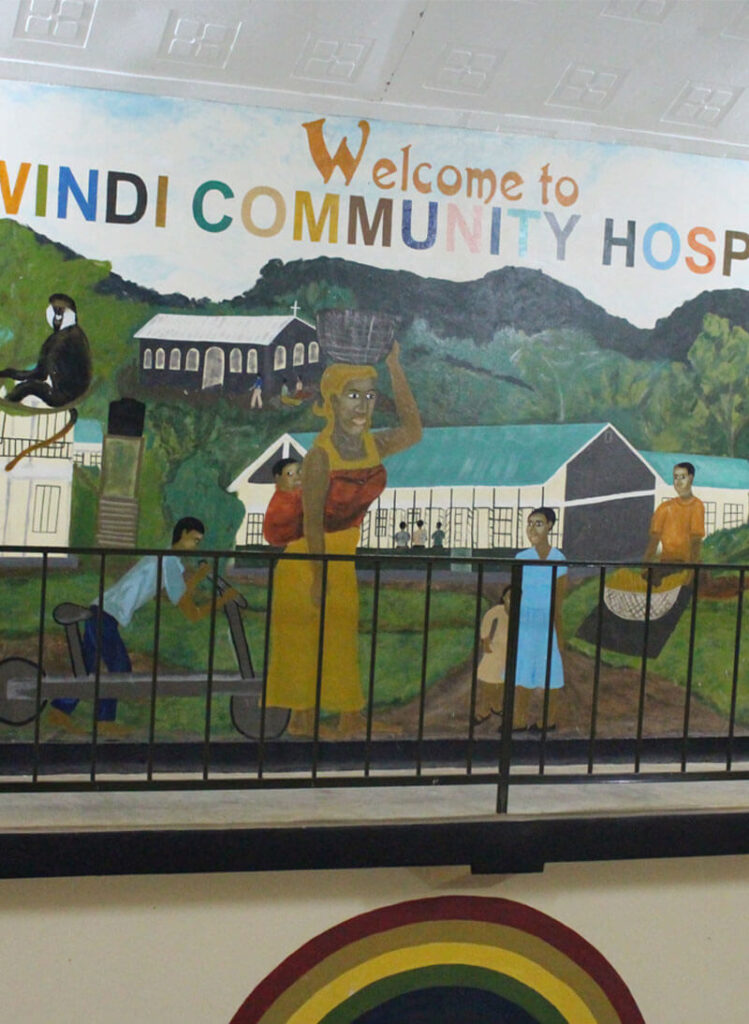
INTERVENTION
In 2008, the Bwindi Community Hospital (BCH) established a Mothers’ Waiting Hostel (MWH) with the aim of increasing institutional deliveries; reducing obstetric delays; and improving maternal and perinatal outcomes in the region. The hostel was fully integrated into the hospital, so that all existing services could be accessible to pregnant women in the hostel including medical care, surgery, community outreach, the insurance program, and mental health services.
High-risk mothers, living in hard-to-reach areas are identified through the hospital’s community nurse team, which regularly visits all villages in its catchment area, and through antenatal clinics. These women are then encouraged to come and stay in the hostel for up to a month before delivery, depending on the severity of their risk. The hostel has a capacity of about 40 mothers. If a mother chooses to come to the hostel, she pays a one-time fee of 2,000 shillings for her entire stay if she is covered under the community insurance scheme or if she is not, 5,000 shillings (approx. USD 1.35) for her entire stay.
Daily monitoring of the mothers is done by midwives. If mothers have any concerns, midwives are available at any time for questions and counselling. Supervised deliveries, antenatal services, emergency obstetric care, and education services are provided to the mothers.
“Uganda is highly diverse in ethnicity, what might work there or here may not work elsewhere. But community willingness and community members need to be engaged.”
– Dr Birungi Mutahunga, Director Bwindi Community Hospital
From 2008 – 2017, the maternal waiting hostel contributed to a fourfold increase in the utilization of delivery services at Bwindi Community Hospital; and a 10.5% increase in access to delivery services by mothers from the most remote areas like Mpungu sub county.
On averages of 150 deliveries are conducted per month, of which 50% of mothers utilize the waiting hostel.
At the hostel, women also access social support, and education. The hospital also has an active nutritional program utilizing demonstration gardens and weekly cooking classes, where mothers learn about nutritious and balanced meals to feed their children and families. By accessing the hostel, more babies are born healthy and the mothers return home with better knowledge about family planning, nutrition, and how to take care of their babies.
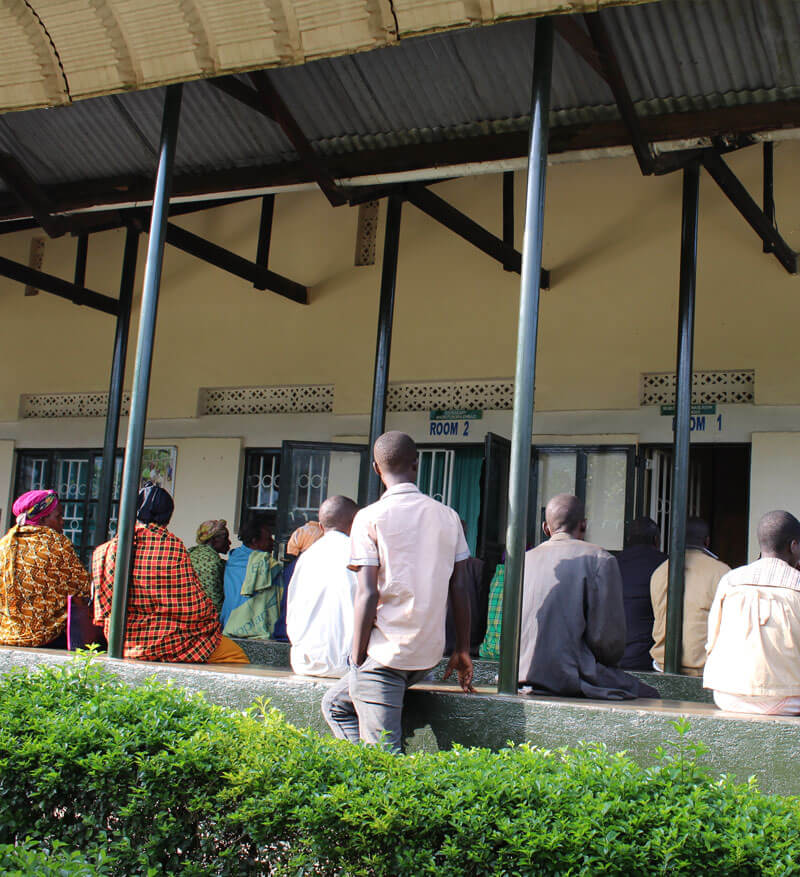
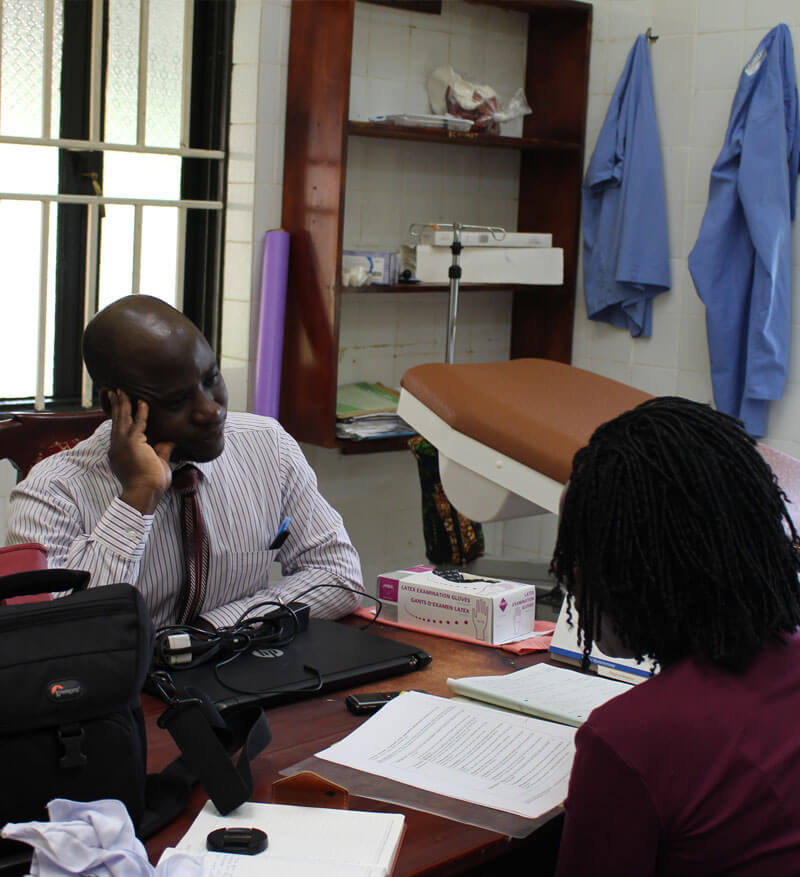
CASE INSIGHTS
“We know that some of the problems can be managed here, so we come and wait for either three days or a week and be supported by nurses and go back with healthy baby.”
– Expectant Mother, Bwindi Community Hospital
